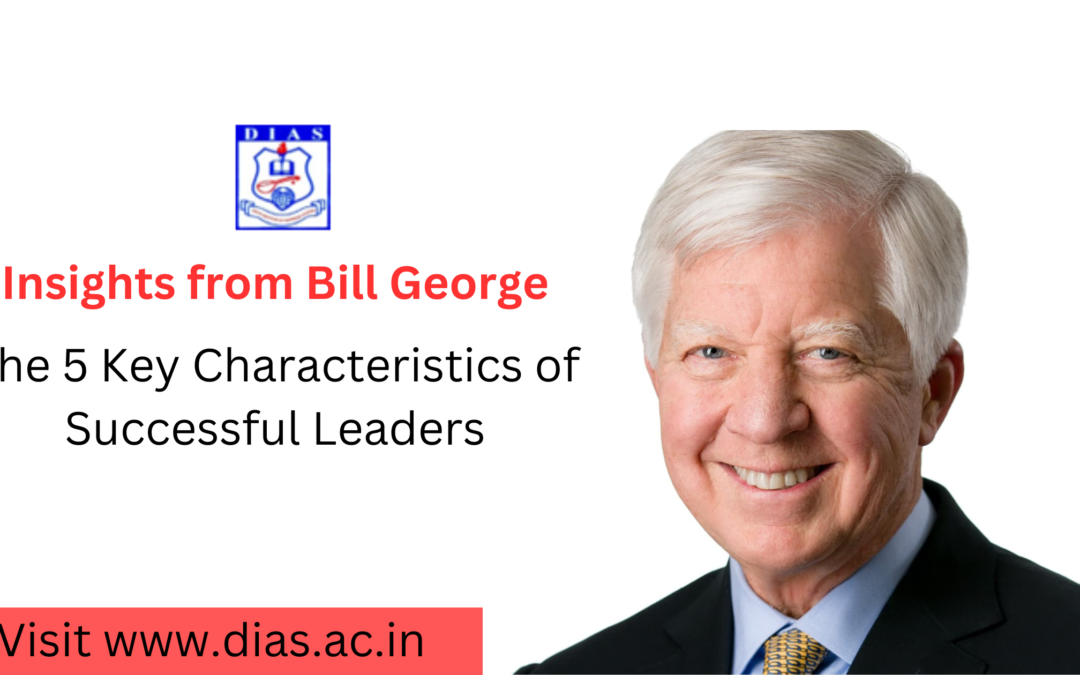Bill George, the former CEO of Medtronic, is a renowned business leader who has written extensively on the subject of leadership. In the article “The 5 Characteristics of Successful Leaders,” George outlines the five traits that he believes are essential for effective leadership.
1) Authenticity: The first characteristic is authenticity, which George argues is crucial for building trust and credibility with others. Authentic leaders are true to themselves and their values, and they inspire others to do the same. This authenticity creates a sense of purpose and meaning that can motivate and inspire individuals to achieve great things.
2) Purpose: The second characteristic is purpose. Effective leaders have a clear sense of purpose and a deep understanding of their mission and vision. They are passionate about their work and inspire others to join them in pursuing their goals. By leading with purpose, successful leaders can create a sense of shared mission and collective responsibility that drives success.
3) Vision: The third characteristic is vision. Successful leaders have a clear and compelling vision of the future that inspires and motivates others to follow. They are able to communicate their vision in a way that inspires others and helps them to see the possibilities that lie ahead.
4) Adaptability: The fourth characteristic is adaptability. Effective leaders are able to adapt to changing circumstances and respond to new challenges with flexibility and resilience. They are able to navigate uncertainty and change with ease, inspiring confidence and trust in their followers.
5) Relationship: Finally, successful leaders build strong relationships with their followers. They are able to connect with others on a personal level and create a sense of community and collaboration that fosters success. By building strong relationships, effective leaders are able to inspire trust, loyalty, and commitment among their followers.
In conclusion, Bill George’s insights provide valuable guidance on the five key characteristics of successful leaders. By embodying authenticity, purpose, vision, adaptability, and relationship-building, leaders can create a sense of shared purpose and drive success in their organizations. Aspiring leaders can benefit from these traits by focusing on developing these skills and embodying these characteristics in their own leadership style.


Recent Comments